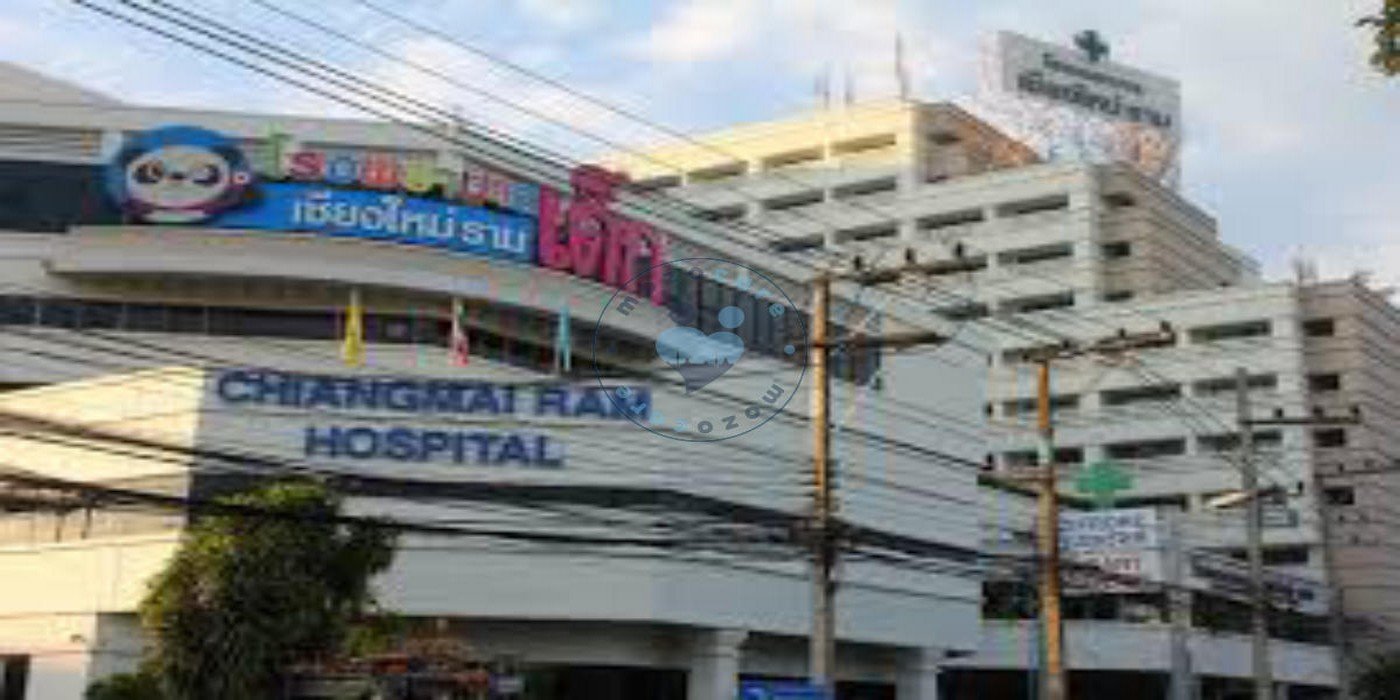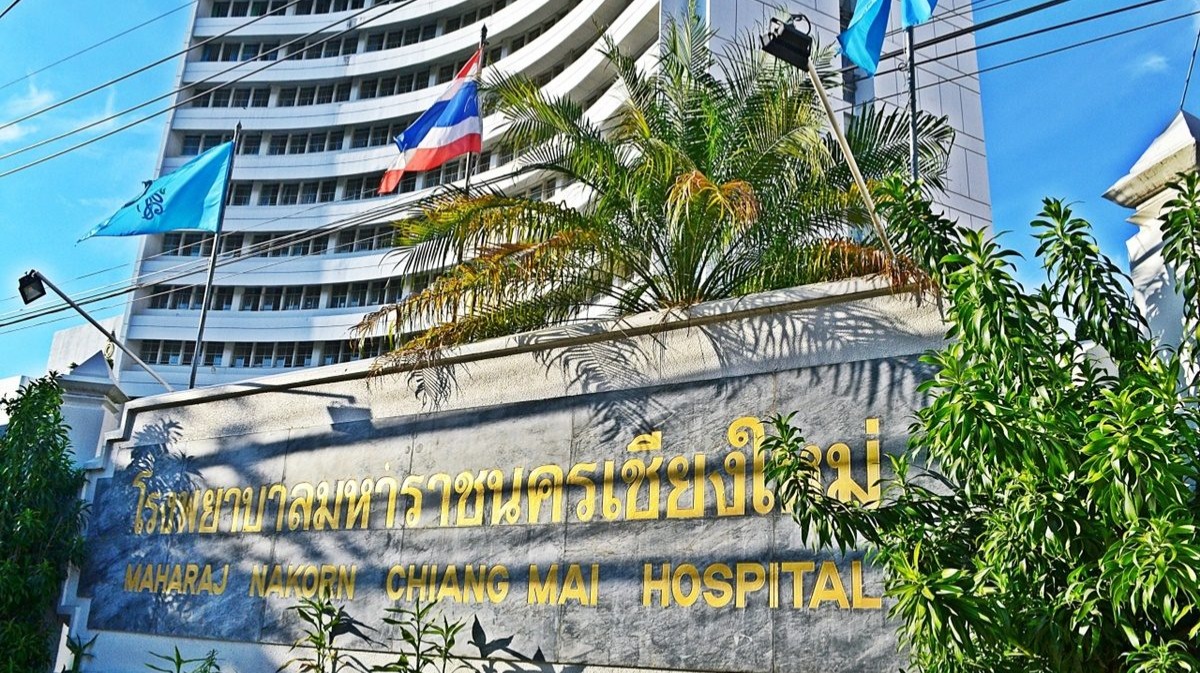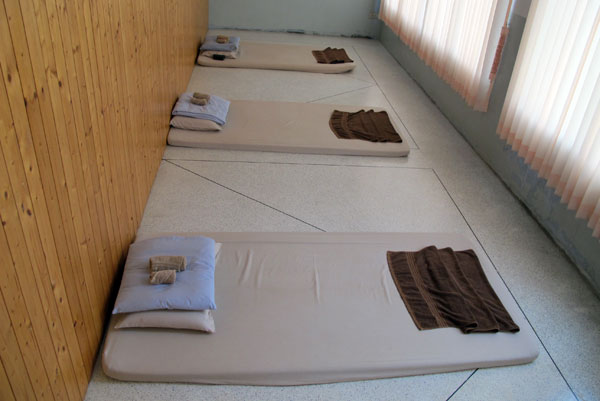The Cabin Chiang Mai Tip: Shake It Up
페이지 정보
작성자 Walker 작성일24-01-16 20:14 조회5회 댓글0건관련링크
본문
Introduction
Alcohol detoxification is a vital process into the journey of recovery for people struggling with alcoholic beverages addiction. It is designed to eliminate toxins through the human anatomy while managing withdrawal signs. This report explores the significance of liquor detox, the observable symptoms experienced during detox, and the methods employed assure a safe and effective detoxification procedure.
Need for Alcohol Detoxification
Liquor cleansing plays a crucial part in addiction recovery as a result of the physical and emotional reliance that develops with time. Chronic alcoholic abuse causes alterations in mind chemistry, leading to withdrawal symptoms whenever drinking is ceased. These signs include tremors, anxiety, sleeplessness, nausea, as well as seizures. By undergoing detox, people can conquer the instant actual aftereffects of alcohol detachment, establishing the phase for further treatment and lasting recovery.
 Signs Experienced During Alcohol Detoxification
Signs Experienced During Alcohol Detoxification
During liquor detoxification, people can experience many withdrawal signs that may vary in seriousness. Mild symptoms can include trembling, sweating, and problems, while more serious situations can include hallucinations, delirium, and seizures. The strength and length of time of these signs rely on numerous elements, like the quantity and timeframe of alcoholic abuse, specific health problems, and previous detox experiences. It is vital to note that these symptoms can be deadly, showcasing the need of healthcare supervision during detox procedure.
Methods of Alcohol Detoxification
There are different ways and configurations designed for alcohol cleansing, and that can be categorized into outpatient, inpatient, and nursing home chiang Mai hospital-based detox facilities. Outpatient detoxification programs provide freedom, enabling individuals to obtain treatment while residing yourself. However, these are generally typically recommended for those with mild withdrawal symptoms and a powerful help system. Inpatient detox programs provide a controlled environment with 24/7 medical care, making sure immediate focus on any problems which could occur. Hospital-based cleansing, alternatively, is suitable for individuals with extreme detachment symptoms, needing an increased standard of medical intervention.
During cleansing, health care experts may administer medications to alleviate withdrawal signs and reduce disquiet. Medications like benzodiazepines, anticonvulsants, and anti-anxiety medications can be familiar with handle withdrawal signs efficiently. In addition, medical professionals monitor essential indications, offer counseling solutions, and apply an extensive treatment solution to address the underlying factors that cause alcohol addiction.
 Conclusion
Conclusion
 Alcohol detoxification is a critical action towards recovery, aiding individuals in managing detachment signs and reducing the danger of complications. It offers a secure and supervised environment for individuals to get rid of toxins from their health and makes them for further treatment modalities. But is vital to acknowledge that detoxification alone is not an entire answer but alternatively the original stage of an extensive treatment solution. After detox, people should really be promoted to engage in counseling, treatment, and organizations to deal with the mental and personal areas of alcoholic beverages addiction. By acknowledging the importance of alcoholic beverages detox and offering comprehensive care, medical professionals can offer individuals experiencing alcoholic beverages addiction a greater opportunity at lasting recovery.
Alcohol detoxification is a critical action towards recovery, aiding individuals in managing detachment signs and reducing the danger of complications. It offers a secure and supervised environment for individuals to get rid of toxins from their health and makes them for further treatment modalities. But is vital to acknowledge that detoxification alone is not an entire answer but alternatively the original stage of an extensive treatment solution. After detox, people should really be promoted to engage in counseling, treatment, and organizations to deal with the mental and personal areas of alcoholic beverages addiction. By acknowledging the importance of alcoholic beverages detox and offering comprehensive care, medical professionals can offer individuals experiencing alcoholic beverages addiction a greater opportunity at lasting recovery.
Alcohol detoxification is a vital process into the journey of recovery for people struggling with alcoholic beverages addiction. It is designed to eliminate toxins through the human anatomy while managing withdrawal signs. This report explores the significance of liquor detox, the observable symptoms experienced during detox, and the methods employed assure a safe and effective detoxification procedure.
Need for Alcohol Detoxification
Liquor cleansing plays a crucial part in addiction recovery as a result of the physical and emotional reliance that develops with time. Chronic alcoholic abuse causes alterations in mind chemistry, leading to withdrawal symptoms whenever drinking is ceased. These signs include tremors, anxiety, sleeplessness, nausea, as well as seizures. By undergoing detox, people can conquer the instant actual aftereffects of alcohol detachment, establishing the phase for further treatment and lasting recovery.
 Signs Experienced During Alcohol Detoxification
Signs Experienced During Alcohol DetoxificationDuring liquor detoxification, people can experience many withdrawal signs that may vary in seriousness. Mild symptoms can include trembling, sweating, and problems, while more serious situations can include hallucinations, delirium, and seizures. The strength and length of time of these signs rely on numerous elements, like the quantity and timeframe of alcoholic abuse, specific health problems, and previous detox experiences. It is vital to note that these symptoms can be deadly, showcasing the need of healthcare supervision during detox procedure.
Methods of Alcohol Detoxification
There are different ways and configurations designed for alcohol cleansing, and that can be categorized into outpatient, inpatient, and nursing home chiang Mai hospital-based detox facilities. Outpatient detoxification programs provide freedom, enabling individuals to obtain treatment while residing yourself. However, these are generally typically recommended for those with mild withdrawal symptoms and a powerful help system. Inpatient detox programs provide a controlled environment with 24/7 medical care, making sure immediate focus on any problems which could occur. Hospital-based cleansing, alternatively, is suitable for individuals with extreme detachment symptoms, needing an increased standard of medical intervention.
During cleansing, health care experts may administer medications to alleviate withdrawal signs and reduce disquiet. Medications like benzodiazepines, anticonvulsants, and anti-anxiety medications can be familiar with handle withdrawal signs efficiently. In addition, medical professionals monitor essential indications, offer counseling solutions, and apply an extensive treatment solution to address the underlying factors that cause alcohol addiction.
 Conclusion
Conclusion Alcohol detoxification is a critical action towards recovery, aiding individuals in managing detachment signs and reducing the danger of complications. It offers a secure and supervised environment for individuals to get rid of toxins from their health and makes them for further treatment modalities. But is vital to acknowledge that detoxification alone is not an entire answer but alternatively the original stage of an extensive treatment solution. After detox, people should really be promoted to engage in counseling, treatment, and organizations to deal with the mental and personal areas of alcoholic beverages addiction. By acknowledging the importance of alcoholic beverages detox and offering comprehensive care, medical professionals can offer individuals experiencing alcoholic beverages addiction a greater opportunity at lasting recovery.
Alcohol detoxification is a critical action towards recovery, aiding individuals in managing detachment signs and reducing the danger of complications. It offers a secure and supervised environment for individuals to get rid of toxins from their health and makes them for further treatment modalities. But is vital to acknowledge that detoxification alone is not an entire answer but alternatively the original stage of an extensive treatment solution. After detox, people should really be promoted to engage in counseling, treatment, and organizations to deal with the mental and personal areas of alcoholic beverages addiction. By acknowledging the importance of alcoholic beverages detox and offering comprehensive care, medical professionals can offer individuals experiencing alcoholic beverages addiction a greater opportunity at lasting recovery.댓글목록
등록된 댓글이 없습니다.




